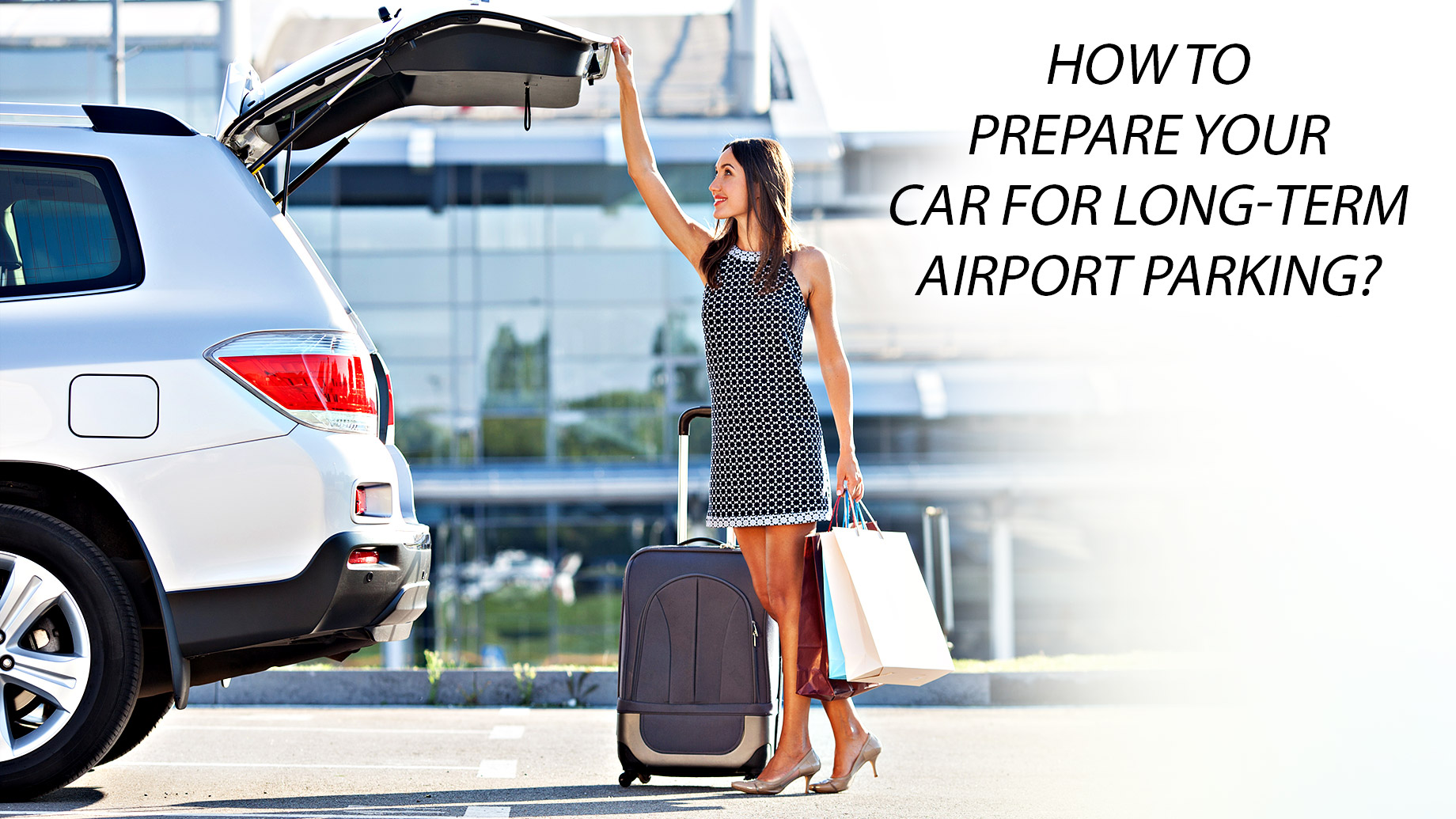
If you’re planning on staying in your car for an extended period of time, there are a few things you’ll need to do in order to make the experience as comfortable and convenient as possible. Here are five tips for preparing your car for long term airport parking:
1. Empty Your Car of all Personal Belongings
When preparing your car for long-term airport parking, it’s important to clear out all personal belongings. This will help keep your car clean and reduce the chances of theft or damage.
In addition, make sure you disable all alarms and remove any valuables from the car, as suggested by the Budapest Ferihegy parkolás. If you have a GPS unit, remove it from the dashboard and take it with you. Finally, be sure to fully inflate all tires and park in a well-lit area.
2. Clean the Interior and Exterior of Your Car
- When planning a trip, it’s important to consider all the details in order to make your travel as smooth as possible. This includes preparing your vehicle for long-term airport parking.
- One way to do this is by cleaning the interior and exterior of your car before you leave. This will help protect it from dirt and debris while it’s parked, and will make it easier to clean when you return.
- The best way to clean the interior of your car is by vacuuming all the seats, carpets, and floor mats. You may also want to wipe down the dashboard, console, and door panels with a damp cloth.
- To clean the exterior of your car, start by washing it with a mild soap and water solution. Then use a rag or brush to scrub away any dirt or debris.
3. Check Fluid Levels and Tire Pressure
If you’re planning on leaving your car parked at the airport for an extended period of time, it’s important to check the fluid levels and tire pressure before you go. Low fluids or incorrect tire pressure can lead to serious damage to your car while it’s parked.
The best way to check the fluid levels is to find the dipstick and pull it out. The fluids will be listed on the stick and should be within the manufacturer’s recommended levels. If they aren’t, you can add more fluid yourself or take your car to a mechanic.
To check the tire pressure, use a tire gauge to measure how much air is in each tire. The recommended pressure will be printed on the sidewall of your tires. If the pressure is too low, you can add air yourself using a pump or take your car to a mechanic.
4. Disconnect Your Car Battery
If you’re planning on leaving your car at the airport for an extended period of time, it’s a good idea to disconnect the battery. This will help prevent the battery from draining and also keep the car from starting accidentally. Another thing to consider is whether you want to leave the car in park or in gear.
If you’re leaving it in the park, make sure to set the parking brake. And if you’re leaving it in gear, make sure the handbrake is on and that the car is pointing downhill. These precautions will help keep your car safe while you’re away.
5. Place a Parking Permit on Your Dashboard
If you’re flying out of town and need to leave your car at the airport, follow these tips to prepare it for long-term parking:
- Place a parking permit on your dashboard. This will let the parking attendants know that you’re authorized to leave your car there.
- Remove all personal belongings from the car. This includes anything that might be stolen, like electronics or valuables, as well as items that might damage the car in transit, like a bicycle.
- Make sure the gas tank is full. You don’t want to return to a car that’s run out of gas and needs to be towed away!
- Check the tires and fluid levels. You don’t want to get stranded with a flat tire or low fluids when you come back from your trip.
Final Verdict
In conclusion, if you are planning on parking your car at the airport for an extended period of time, there are a few things you can do to prepare it for the long term. By following these tips, you can help ensure that your car is in good condition when you return and that you don’t run into any problems while it’s parked.
